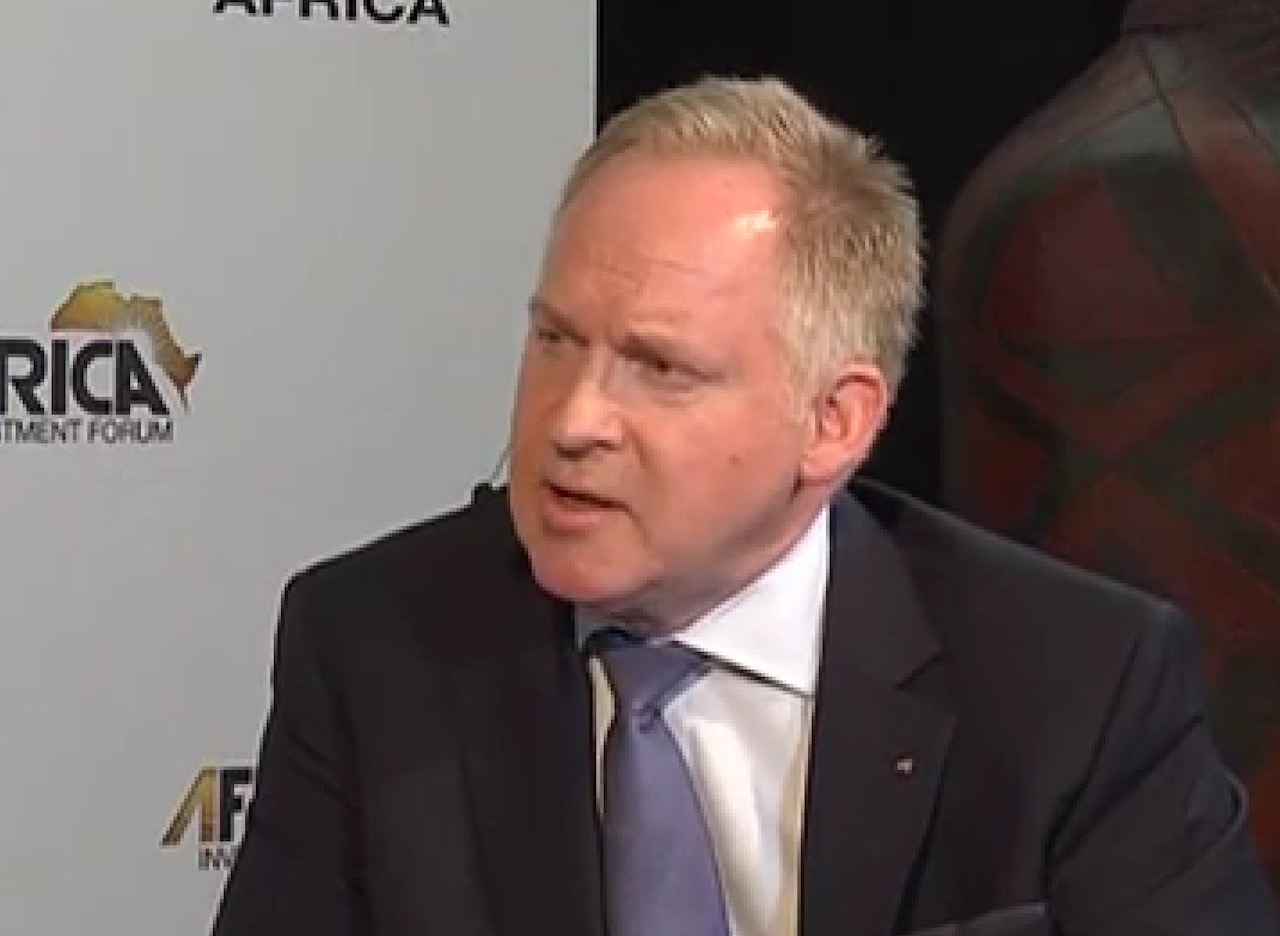The CAFE that serves solutions
One of the many challenges faced by African airlines is access to cost-effective finance. Mark Tierney has an innovative solution

Has the time finally come for Mark Tierney's CAFE? IMAGE: Mark Tierney
Airlines are notoriously capital intensive, yet the cost of capital and its availability are a serious impediment to airline growth in Africa.
One of the primary problems faced by African airlines in their quest for aircraft finance is that almost all the airlines cannot operate profitably, and thus have weak sustainability, which makes them poor finance risks.
Mark Tierney, the CEO of Crabtree Capital based in Dublin, makes five points about the current status of the African airline industry:
- • The industry is unable to perform the 'utility' function,
- • The inadequacy of current African air connectivity is extremely costly in terms of foregone economic growth,
- • It is both unreasonable and irrational to expect airline managers – answerable to their boards and shareholders – to fix the 'system' themselves,
- • Current policy and practice result in the continued fragmentation of a relatively small market, making rationalisation ever less realisable,
- • Without sustained commitment to achieving both better economies of density and of scale, unit costs will remain high. High unit costs (which have many causes) result in high ticket prices (especially intra-Africa).
To address these challenges, Tierney has proposed a “Commercial Aircraft Finance Enterprise (CAFE)”. This would be a public private partnership (PPP) for a commercial aircraft finance enterprise for Africa.
The unique objective of CAFE is: “To motivate African airline shareholders and management to change their behaviour for the better. The new aircraft finance enterprise would be funded jointly by multilateral development banks (MDBs) (such as the Afreximbank), development finance institutions (DFIs) and the private sector,” Tierney said.
Tierney claims his proposed CAFE is “a low-risk, high-reward proposition to give airlines strong motivation to change practices, rationalise air traffic and embark on a virtuous circle of behaviour.” He said there is no good reason not to do it. If, after a given period, it fails in its catalytic purpose (to ‘accentuate the positive, eliminate the negative’), the assets get monetised and shareholders/lenders get repaid, quite possibly with profits.

Tierney therefore argues for “…a new disruptive change agent in the supply chain of finance, upstream of the airlines as users. This new change agent will encourage more commercial behaviour amongst the airlines in the sense that they rationalise what they are doing. Such rational behaviour, when set in motion, will give momentum to a virtuous circle of cause-and-effect: improved operations giving rise to better creditworthiness, giving rise to reduced finance costs, giving rise to greater reinvestment, and so on until African airlines reach the holy grail … of lowering airfares profitably.”
“This would then catalyse what I call SEACAT (safe, efficient, affordable commercial air transport). And it would stymie some of the fragmented airline behaviour which inhibits growth. Such behaviour causes losses to be made by many African airlines,” he said.
He adds that the key to CAFE’s success will be an ownership/management structure that allows for partial ownership by MDBs/DFIs on the one hand, and partial ownership/management by a blue-chip aircraft lessor team on the other.
Tierney argues that the ability of countries to create gainful employment for the huge population growth that is coming in the next 10 to 20 years will be that much weakened by every cent lost by the airlines.
Tierney claims that there is no shortage of lessors and African airlines who are supportive of the concept. However, progress since he first proposed the concept has been slow. Kenya Airways was the most active promoter until it met with opposition from potential airline partners.
“Safe, efficient and affordable air transport has been shown to add between one and two per cent to GDP growth per annum, and this compounds, over time. And to the extent that you do not have safe, efficient and affordable air transport, it is Africa's loss,” Tierney concluded.
Stay up to date
Subscribe to the free Times Aerospace newsletter and receive the latest content every week. We'll never share your email address.


